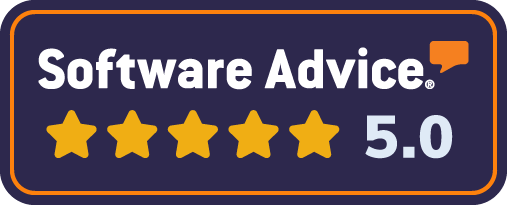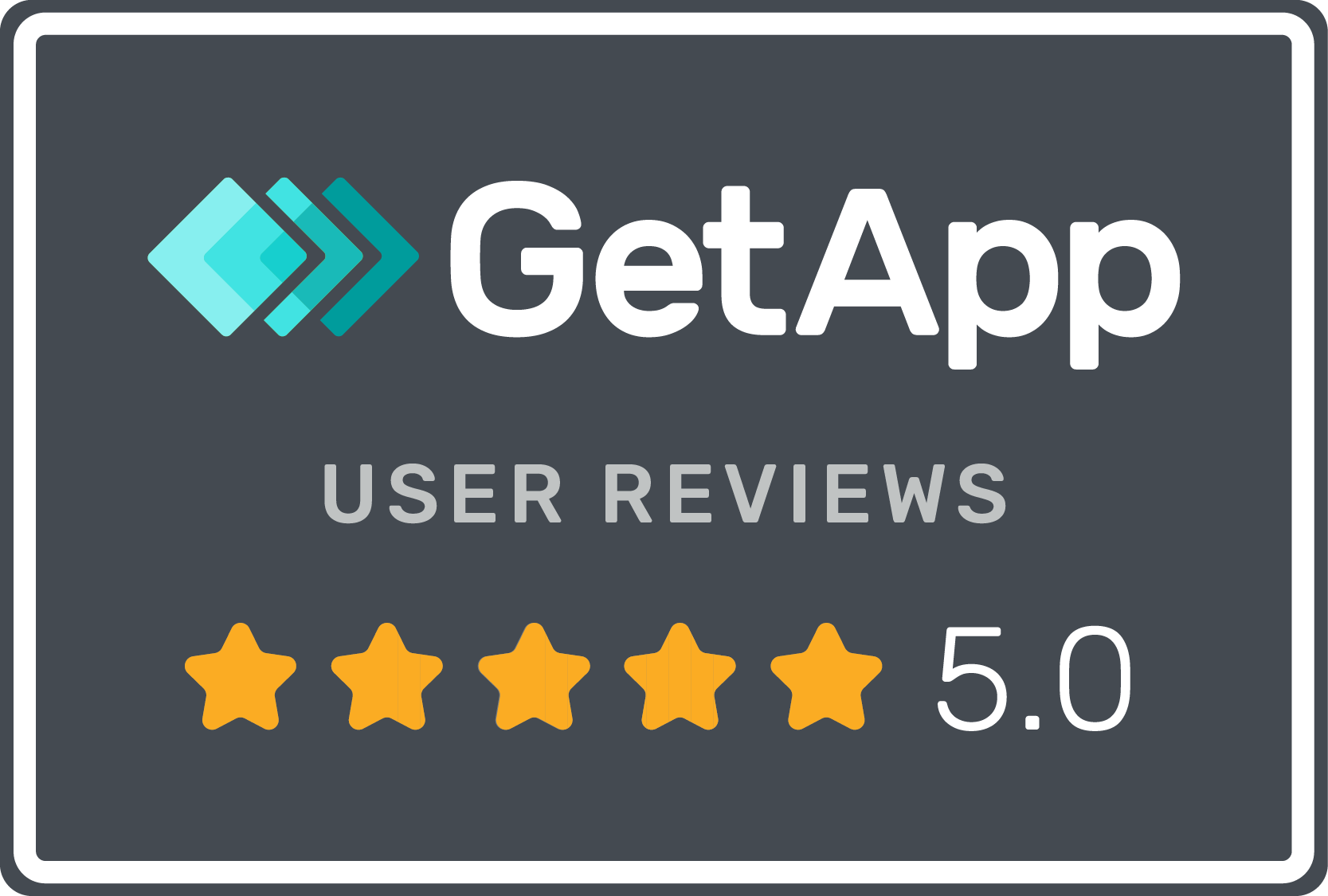Jacob Rudback founded Yepstr with an idea: young people should have the chance to earn money, build their CVs, and get references by doing simple jobs like babysitting, tutoring, and gardening. Today, Yepstr is the second largest job creator for young people in Sweden. In this Voices and Choices interview, Jacob shares his favorite productivity tools, career tips, insights, and how he uses AI in his daily life.
1. How many days per week do you prefer to work from home and why?
Two days per week, Tuesday and Thursday. It's great to have two full days available for "focus time" when I can get the high priority but low urgency tasks out of the way.
2. What is a hidden treasure among apps for you — a favorite application of yours that might be unknown to many?
For sure the app we've created, Yepstr. It helps my wife and I make life work. We have found two amazing babysitters, Saga and Esther who live nearby and can always jump in. Our daughter Joline loves the time she gets with her two "older sisters", and now Esther picks up Joline once a week from preschool enabling my wife and I to have a date night or catch an AW with colleagues. Life-changer!
3. Any tips on how to use AI in daily life or work? What is your company policy around it?
My main tip is to try to use AI as much as possible. Great for creating texts, conducting basic research but also allowing it to act as CEO of the company and for example ask for thoughts on marketing strategy. With a good and exhausting prompt of your business, the answers you get will likely surprise you! We encourage our employees to use AI as much as possible.
4. What's your most important work tool, making you productive?
My calendar is a near and dear tool for me, making sure I prioritize time on the most important things. Apart from that I use other tools like Slack and Trello, but I'm still on the fence regarding how much value they actually create.
5. What career tips would you give your younger self?
Preparedness for opportunity. Most of the really big things in life take a lot of time to reach success. So, instead of maybe starting your own company straight after university, work out what skills you are likely to need to succeed within the area you see yourself working in. When you have built the base of experience and knowledge, I can guarantee that an amazing opportunity will present itself and you won't be able to stop yourself from going with the flow.
6. What is your view on employee choice, i.e. flexibility for employees to choose their hardware and software?
I believe in a good balance here, for example, ensuring everyone is using the same foundations and platforms. But when it comes to specific tools within our employees' subject matters, I believe in large freedom to choose whatever tool the employee prefers.
7. What is an ideal new employee onboarding experience?
Fast and fun. I think the first few months are critical in terms of helping a new team member get into the action and feel valued. I think one of the best ways to do that is to be able to deliver something of real value. That builds pride and a sense of belonging. In addition, I think it's important with some real face-to-face time with team members to build connections and trust.
Have you read? Voices & Choices #16: Interview with Emil Wargelius- CEO & Co-Founder of Revelate

"Voices and Choices" is a weekly interview series where we dig into how top talents, founders and leaders work and what makes them productive.









